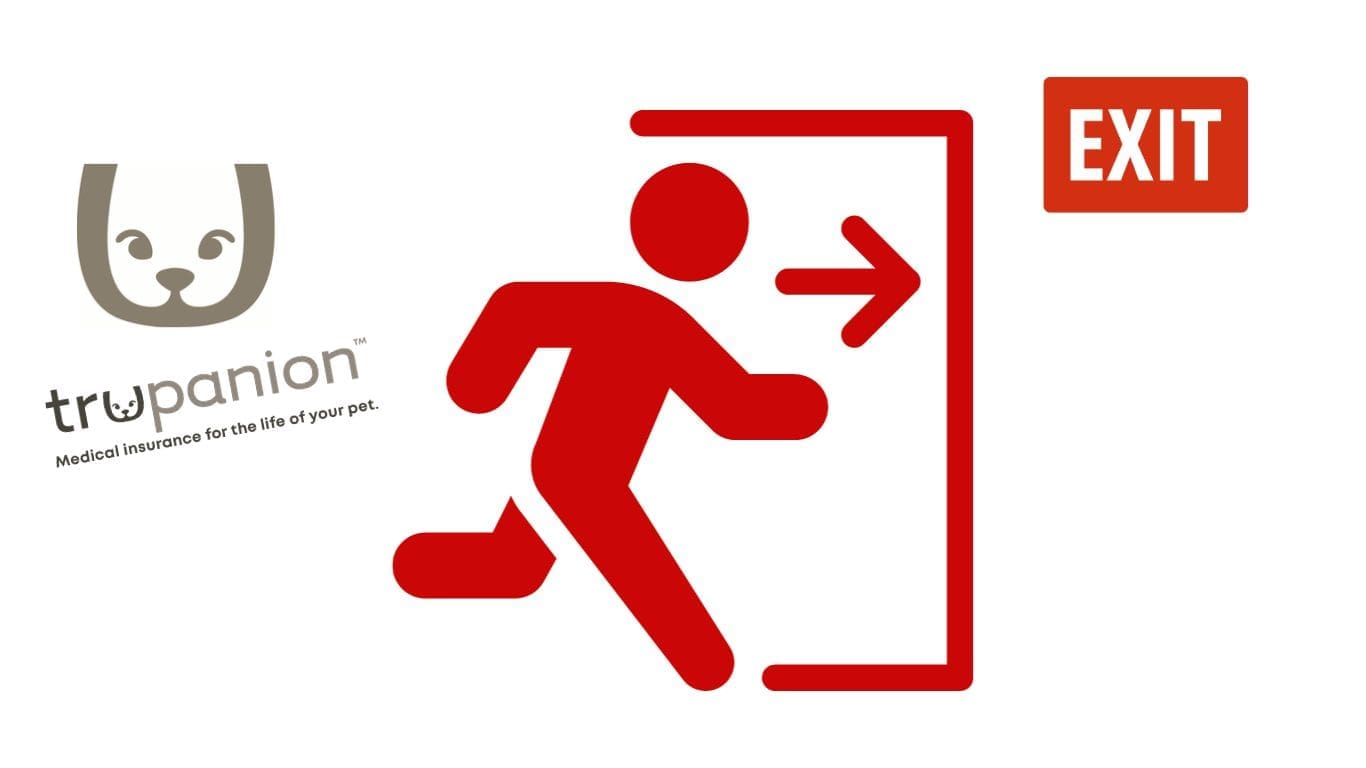Trupanion Head of Pricing Leaves Company As NJ Congressman Attacks Rate Hikes
Seattle-based pet insurer Trupanion is facing several challenges, but the mass exodus of senior officers in the past year may be the one CEO and founder Darryl Rawlings finds most pressing. The latest departure is Jessica Gibbs. Her resignation follows a series of departures that includes the company’s Senior VP of Distribution Dusty Bonner; Randy Valpy, who had been hired in 2020 to establish a Canadian underwriting company which never played out and left after being aggressively recruited; and Chloe Gill, who led the company’s Breeder Support Program and was one of the longest serving employees.
Ms. Gibbs, who is also one of Trupanion’s longest serving employees, did not return requests seeking comment, nor did President Margi Tooth or CEO Darryl Rawlings. Ms. Gibbs’ departure is especially notable because as head of pricing, she has been the person in the trenches fighting Trupanion’s rate hike wars with state regulators.
Today, New Jersey Congressman Josh Gottheimer (D) held a press conference in a dog park near his home in New Jersey. Holding his dog “Rosalita” at the podium while he spoke, Rep. Gottheimer announced that he was writing to New Jersey insurance regulators, as well as to federal regulators, and imploring them to “consider rejecting applications for unreasonably high annual rate increases several of the pet insurance companies have submitted to the New Jersey Department of Banking and Insurance (DOBI).”
To be fair, Trupanion’s rate increase was actually the smallest request of the three Rep. Gottheimer cited: Healthy Paws’ 44 percent annual rate increase, Metropolitan General’s 56 percent increase, and Trupanion with a 33 percent increase.
“Pet insurance can be a valuable product to protect against catastrophic incidents, and, while I understand that costs have risen, there is a line between reasonable and unreasonable,” Gottheimer wrote. “These figures fall into the latter.”
Gottheimer continued: “While there has been an increase in veterinary costs in recent years, including approximately 10 percent in the last year, the number of pet owners buying insurance in recent years has also skyrocketed. Since 2018, the number of insured pets has increased an average of 23 percent a year. Generally, as an insurance pool grows, premiums should decrease as providers can spread the risk especially with healthier younger animals. In any event, cost increases of 10 percent should not lead to rate increases of between 33 and 56 percent. I am focused on making life more affordable for Jersey families, and I urge you to be a fellow cop on the beat in this regard. I ask that you please help protect hard-working families seeking care for their beloved pets by rejecting requests for these unreasonable premium increases.”

